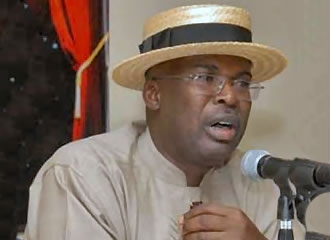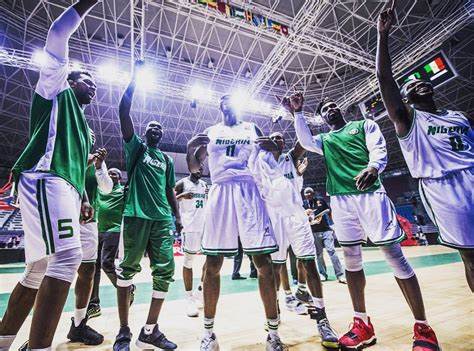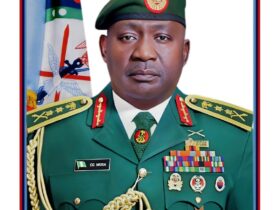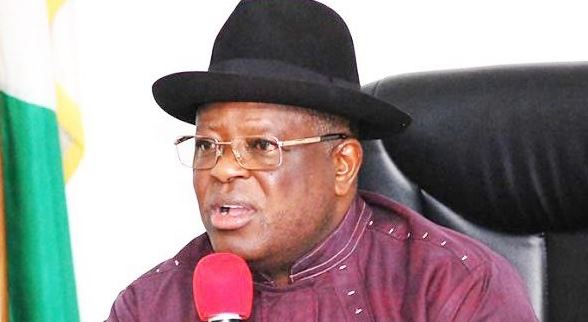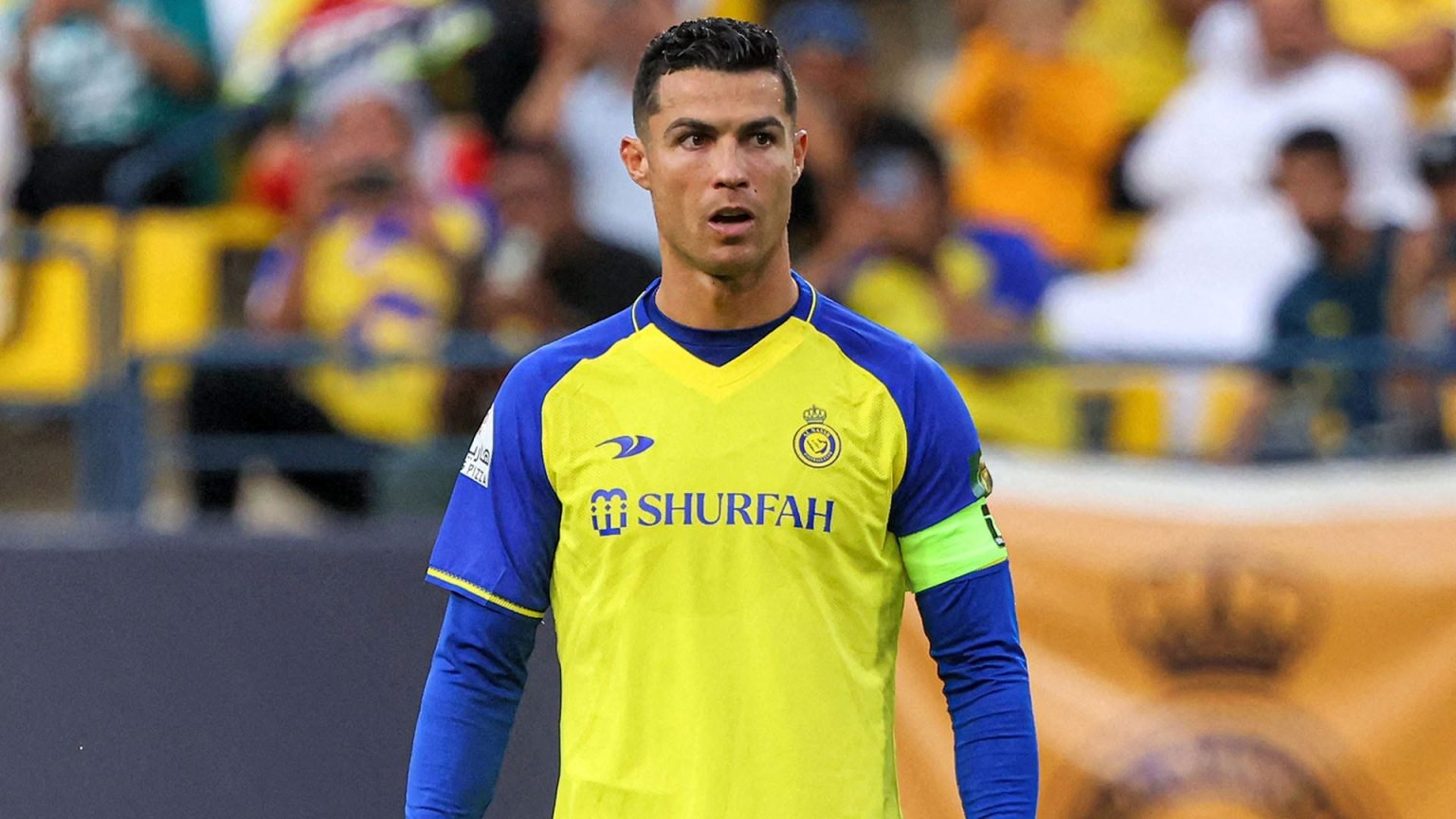…minister supports move to nation’s capital
Plans are underway to have the Super Eagles move their home games to Abuja after Dangote Group handed over the rehabilitated Moshood Abiola National Stadium, Abuja to the Ministry of Youth and Sports Development.
Contractors, Aron Nigeria Limited, handed over the rehabilitated stadium to the Minister of Youth and Sports Development, Sunday Dare, on Friday.
The rehabilitation work was carried out on the main bowl pitch and scoreboard.
Dare had clamoured for the return of the Eagles to Abuja on several occasions, stating the need to have a permanent home stadium.
The Eagles last played at the Abuja stadium in 2012
“It is my wish that the Super Eagles and indeed the national teams of Nigeria, like elsewhere, have a permanent venue to play their matches rather than playing from one place to another,” Dare said last month while speaking to State House correspondents.
“There are great benefits for countries’ national teams to have a particular venue where the players understand very well. I believe very soon the Super Eagles will be playing their matches in Abuja or Lagos if the national stadium is fully ready too.”
In the last 10 years, the Eagles have played their home games at the Godswill Akpabio Stadium Uyo, Samuel Ogbemudia Stadium, Benin and Adokiye Amiesimaka Stadium, Port Harcourt.
They however made a return to Lagos after 10 years and for the first time for a competitive match in 20 years when they played Lesotho in the 2022 World Cup qualifier at the Teslim Balogun Stadium on March 30.
They ended up playing their remaining World Cup qualifiers and the 2021 Africa Cup of Nations qualifiers in Lagos.
While the Eagles were hoping to make the Teslim Balogun Stadium their new home, news emerged last week that the Confederation of African Football had banned the stadium from hosting matches.
In a letter dated October 17, which was sent to the Secretary-General of the Nigeria Football Federation, Mohammed Sanusi, CAF said the stadium “lacks the CAF criteria and requirements in order to properly host international competitions”.
The letter signed by CAF Development Director Raul Chipenda said the stadium failed to implement the recommendations addressed to the NFF after the previous inspection.




